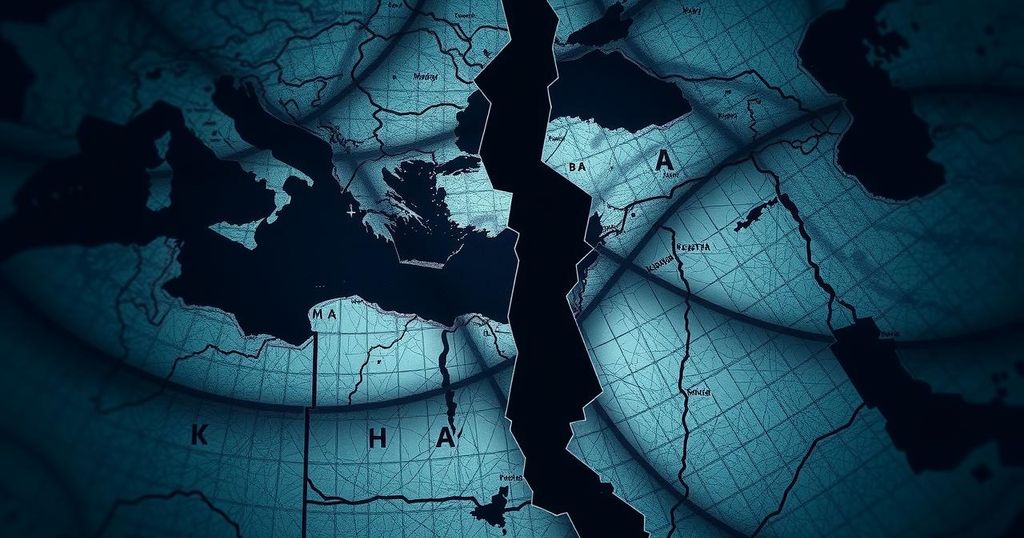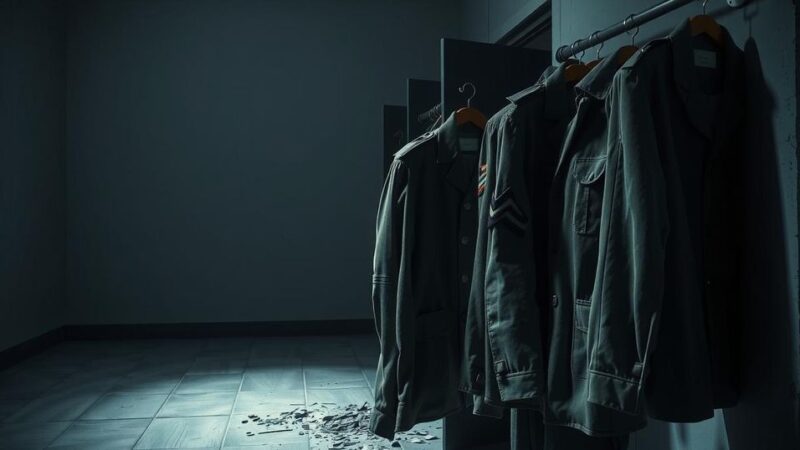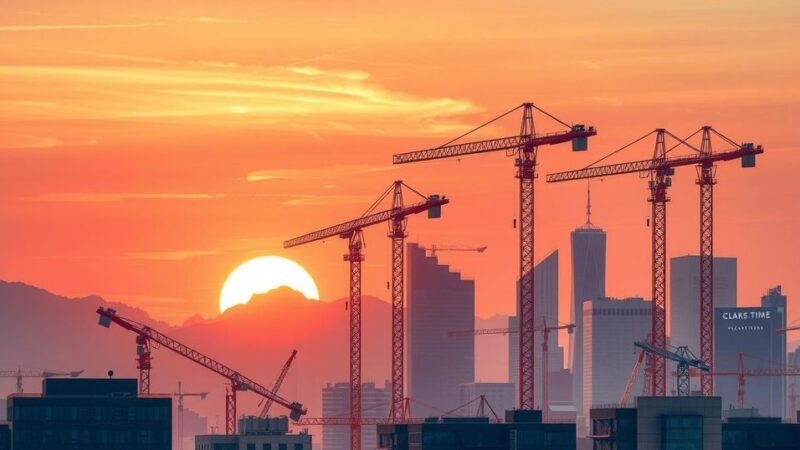Walid Jumblatt, a veteran politician in Lebanon, highlights ongoing Israeli dominance in the region and emphasizes support for rebuilding efforts in conflict-affected areas. He calls for recognizing the new Syrian leadership while rejecting normalization with Israel without addressing Palestinian statehood. His reflections provide valuable insight into the current challenges in Lebanon and the broader Middle East.
Walid Jumblatt, a prominent Lebanese politician and Druze community leader, remains influential in the current tumultuous Middle Eastern landscape. Even after stepping back from his leadership role in the Progressive Socialist Party in 2023, his insights into the ongoing impact of Israeli military actions and regional politics continue to resonate. Jumblatt firmly asserts, “Israel has a free hand. It’s up to the Arabs to understand the dangerous policy of Israel that is planning to dislocate the whole of the Arab world.”
Historically, Jumblatt has navigated Lebanon’s complex political terrain, having lived through the civil war from 1975 to 1990, including the assassination of his father, Kamal Jumblatt. As Lebanon marks the anniversary of this conflict, the country faces new challenges, particularly a deteriorating situation due to ongoing tensions between Israel and Hezbollah, alongside increased Israeli military activity against targets in Lebanon.
Jumblatt criticized the recent US-mediated ceasefire with Israel as merely nominal, emphasizing that Israeli forces maintain a presence in southern Lebanon and continue assaults despite the truce. He noted, “It’s an illusion and a big lie that anyone in the world can pressure Israel to temper its actions.” The ceasefire conditions require Hezbollah to withdraw and disarm, obligations that Jumblatt believes are unrealistic without external support.
Affirming the importance of reconstructing the conflict-affected regions, Jumblatt called attention to Lebanon’s pressing need for foreign assistance, especially as the World Bank estimates the war’s economic toll at $14 billion. He expressed frustration over donor conditions tied to political reforms, asserting, “I do not understand how helping the people of Lebanon who lost their homes and relatives is linked to reforms.”
Hezbollah, alongside its role as a political entity and armed group, has suffered significant losses and faces increased scrutiny following the death of its leader, Hassan Nasrallah. Jumblatt remarked, “Hezbollah should understand that now, going back to the old methods … armed resistance – it won’t work.” He recognizes the group’s integral position within Lebanese society, stating, “You cannot exclude Hezbollah; you cannot isolate Hezbollah. It’s not democracy.”
Turning to Syria, Jumblatt emphasized the importance of supporting the new leadership under President Ahmad Al Sharaa, suggesting that a united Syria could benefit the Syrian populace. He challenged Israel’s attempts to destabilize Syria, while also acknowledging the historical tensions between the Jumblatt family and the Assad regime.
Despite Israeli overtures to Syria’s Druze community, Jumblatt remains resolute against normalizing relations with Israel, insisting on the significance of recognizing Palestinian statehood for any potential peace. He stated, “I’m not going to surrender by saying I accept US, Israeli terms for a peace with Israel. No peace unless there is a Palestinian state one day.”
Finally, reflecting on the current climate marked by violence and upheaval, Jumblatt lamented the catastrophic situation in Gaza, attributing significant Palestinian casualties to the combined strategies of the Israeli government and US policies, stating, “Gaza has been systematically destroyed.”
In conclusion, Walid Jumblatt articulates deep concerns regarding Israel’s ongoing military strategy and its broader implications for the Arab world. His analysis underscores the need for support in rebuilding Lebanon and emphasizes the importance of a united Syria under new leadership. Furthermore, Jumblatt’s call for recognition of Palestinian rights remains a central tenet of his vision for future peace in the region. His insights offer a significant perspective on the intricate dynamics currently shaping Middle Eastern geopolitics.
Original Source: www.thenationalnews.com






